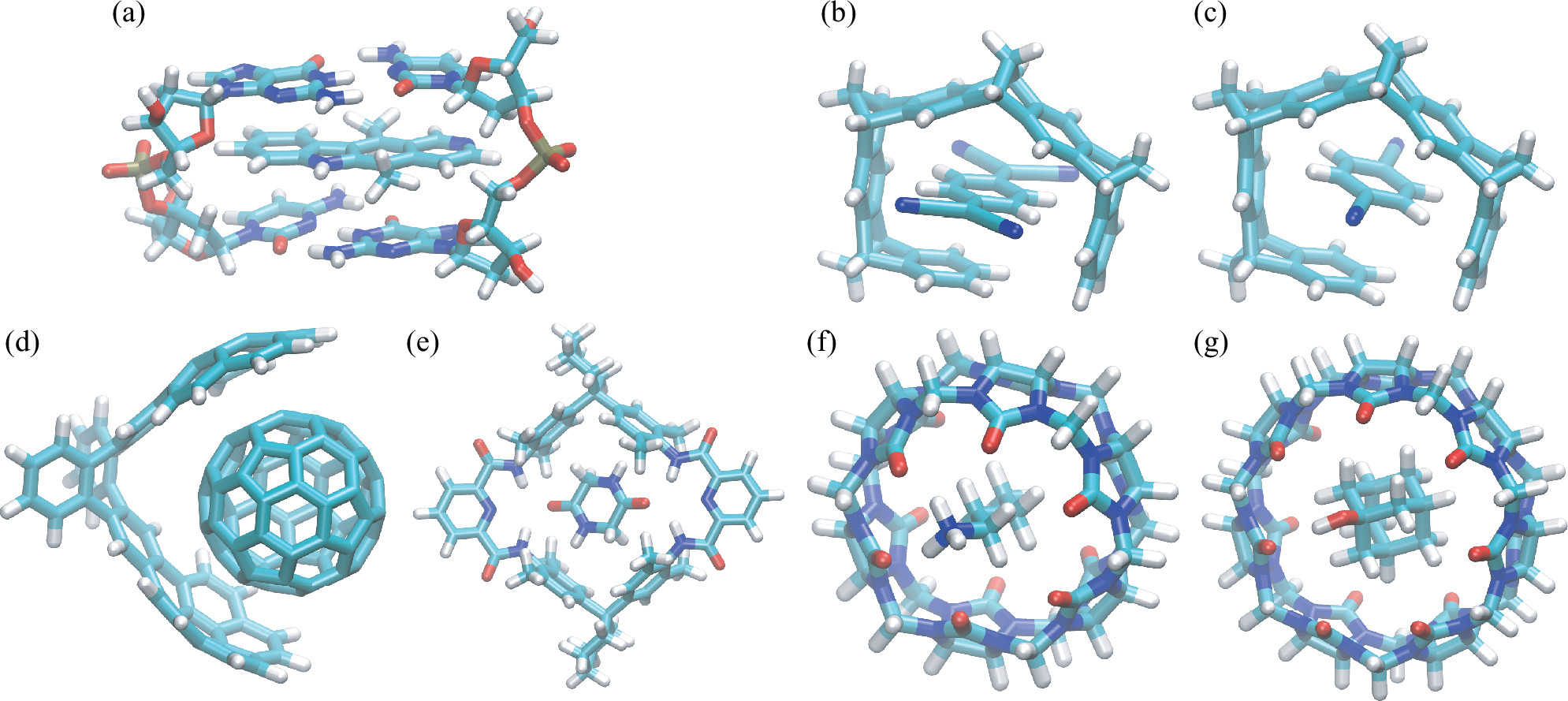Research
We are an interdisciplinary team at University of Toronto, working on theoretical and computational methods for the quantum mechanics based exploration of chemical space. Our lab was established in July of 2013 in Basel, CH, and moved in 2020 to Vienna, AT, and in 2022 to Toronto, CA. Our research falls into the realm of physical chemistry, and relies on theory and computations. Due to the interdisciplinary nature of our work, we rely heavily on physics, mathematics, and computer sciences. Unfortunately, we lack the capacity to carry out our own experiments. Instead we compare our computational predictions to experimental results reported in the scientific literature, or we collaborate directly with experimentalists.
Our work involves topics such as
- chemical compound space
- conceptual as well as molecular grand-canonical ensemble density functional theory
- ligand design and intermolecular binding
- quantum chemistry (solving approximate Schroedinger equations with density functional theory, semi-empirical methods, or post-Hartree Fock methods)
- machine learning (supervised learnign approaches applied to important equations in chemistry)
- statistical mechanics (using electronic, atomistic, coarse-grained & empirical force-fields and multi-scaling)
- molecules, liquids, and solids including molecular crystals and defect
- supercomputing
- Our calculations are mostly based on combined statistical mechanics and electronic structure theory software, such as CPMD, SeqQuest, VASP, abinit, octopus, LAMMPS, QUANTUM ESPRESSO, and others.
If you wonder what this is all about, here’s a recent Q&A session on combining machine learning with quantum chemistry to speed up the exploration of chemical compound space. You can also check out these reports in the New Scientist Feb 2012: Molecules from scratch without the fiendish physics, and on Chemistry World from the Royal Society of Chemistry, Dec 2011: Artificial intelligence for quantum chemistry.
And here’s Intel’s very own Sadas giving a TED talk on “designing new materials one atom at a time”.
And here’s Simon Elliot from Tyndall Institute talking about materials modelling for devices.
If you you have been thinking that quantum mechanics is irrelevant, here’s Walter Lewin on Heisenberg’s uncertainty.
Here’s a movie, depicting the quantum nature of atomic nuclei within a simplified model of Watson-Crick’s DNA base-pair (see also publication No. 23 for more information).
And if you don’t understand anything about this, rest assured, here’s a link to Richard Feynman telling you that neither do we.
Our current efforts are funded through the Swiss National Science foundation professorship program.
The seminar schedule of the Competence Center of Computational Sciences can be found here .
The link to sign up for group seminars can be found here.
